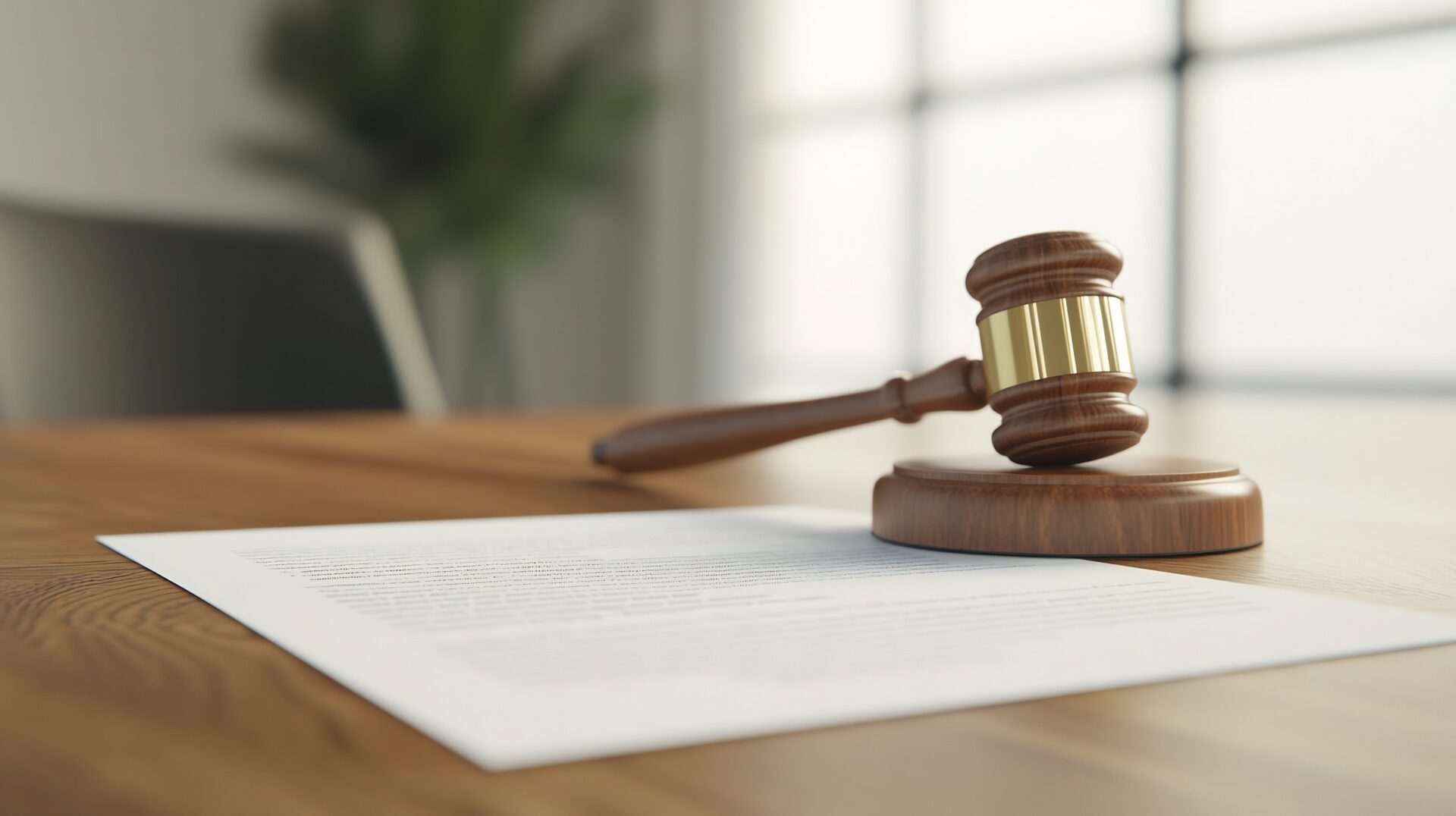
Litigation Privilege: What is It, and When Might it Apply?
So, you made the tough decision to file a lawsuit. Now, the opposing party is claiming that the lawsuit has caused negative repercussions to their business or reputation. What do you do?
A sometimes-overlooked defense in these situations is the litigation privilege. The litigation privilege is a legal doctrine that protects communications made in the course of judicial proceedings from being used as evidence or as a basis for a claim in subsequent litigation. Every state recognizes the litigation privilege in some form. Importantly, in many states, the litigation privilege is absolute, meaning that it applies even if the statement is false or is made with malicious intent. In addition, although the application of the privilege varies by jurisdiction, the privilege generally protects not only statements made during litigation but also those made before or after the litigation as long as they relate to the subject matter of the litigation. This ensures that participants in legal proceedings can speak freely and advocate zealously without fear of future liability, which is essential to maintaining the integrity and effectiveness of the judicial process.
In Arizona specifically, the litigation privilege protects statements made in judicial proceedings as long as the content is related to the subject matter of a proposed or pending lawsuit. Arizona follows the majority of states in applying the litigation privilege regardless of the speaker’s intent and does not look into the speaker’s motives or whether the statement was made with “good faith.”
How does the litigation privilege work in practice? Let’s look at a few examples. For one, a company files a lawsuit against a vendor for breach of contract and alleges in the Complaint that the vendor’s product never worked. The vendor brings a counterclaim and argues that the statements in the Complaint about the vendor’s product caused a potential acquirer to back out of the transaction. The litigation privilege would protect the company from the counterclaim.
As another example, during litigation, a company issues subpoenas to several third-party companies associated with the defendant seeking documents relevant to the issues in the lawsuit. In discussions about the subpoenas, the company’s attorneys tell the third-party companies that the company is alleging that the defendant stole the company’s trade secrets and breached his contract with the company. The defendant brings a second lawsuit and claims that the company’s attorneys’ statements were defamatory and harmed his reputation. Even though the statements were made to third parties, the litigation privilege would still protect the company and its attorneys in this situation.
Yet another illustration is, during a trial, a company representative testifies that the principal of another company lied on a loan application and misrepresented the defendant company’s financial status. The defendant company brings a second lawsuit and claims that the testimony caused a potential financier to deny a loan to the defendant company. Again, the litigation privilege would protect the company and also its representative.
However, there are exceptions to the litigation privilege. Most notably, federal courts and some states recognize an exception to the litigation privilege for “sham litigation.” For a lawsuit to be a “sham litigation,” it must be both objectively baseless (meaning that no party could realistically expect success on the merits) and brought with intent to achieve an improper purpose (such as affecting the opposing party’s business). In addition, some states (including Arizona) hold that the litigation privilege does not apply to claims for malicious prosecution or abuse of process. Relatedly, some states only apply the privilege to defamation claims.
In conclusion, the litigation privilege serves as a critical safeguard in the legal process and protects parties from facing liability for statements made in the course of judicial proceedings. While its application can vary by jurisdiction and exceptions exist, the privilege generally provides broad protection for parties in litigation. Understanding the scope and limitations of the litigation privilege is essential for any party involved in litigation, as it can be a powerful defense against subsequent claims. By recognizing when and how this immunity applies, parties can navigate the complexities of legal disputes with greater confidence.
Shannon Cohan is based in our Phoenix office where her broad range of work for our business litigation practice involves representing clients in numerous sectors, including sole proprietorships, Fortune 500 companies, gaming clients, homebuilders, healthcare providers, and manufacturing companies. She also works on mediations and arbitrations, as well as appeals in front of the United States Court of Appeals for the Ninth Circuit.
Get MORE. Insights
Stay ahead in the legal world - subscribe now to receive the latest insights and news from Fennemore Law Directly in your inbox!

